Category: Legend & Myth
-
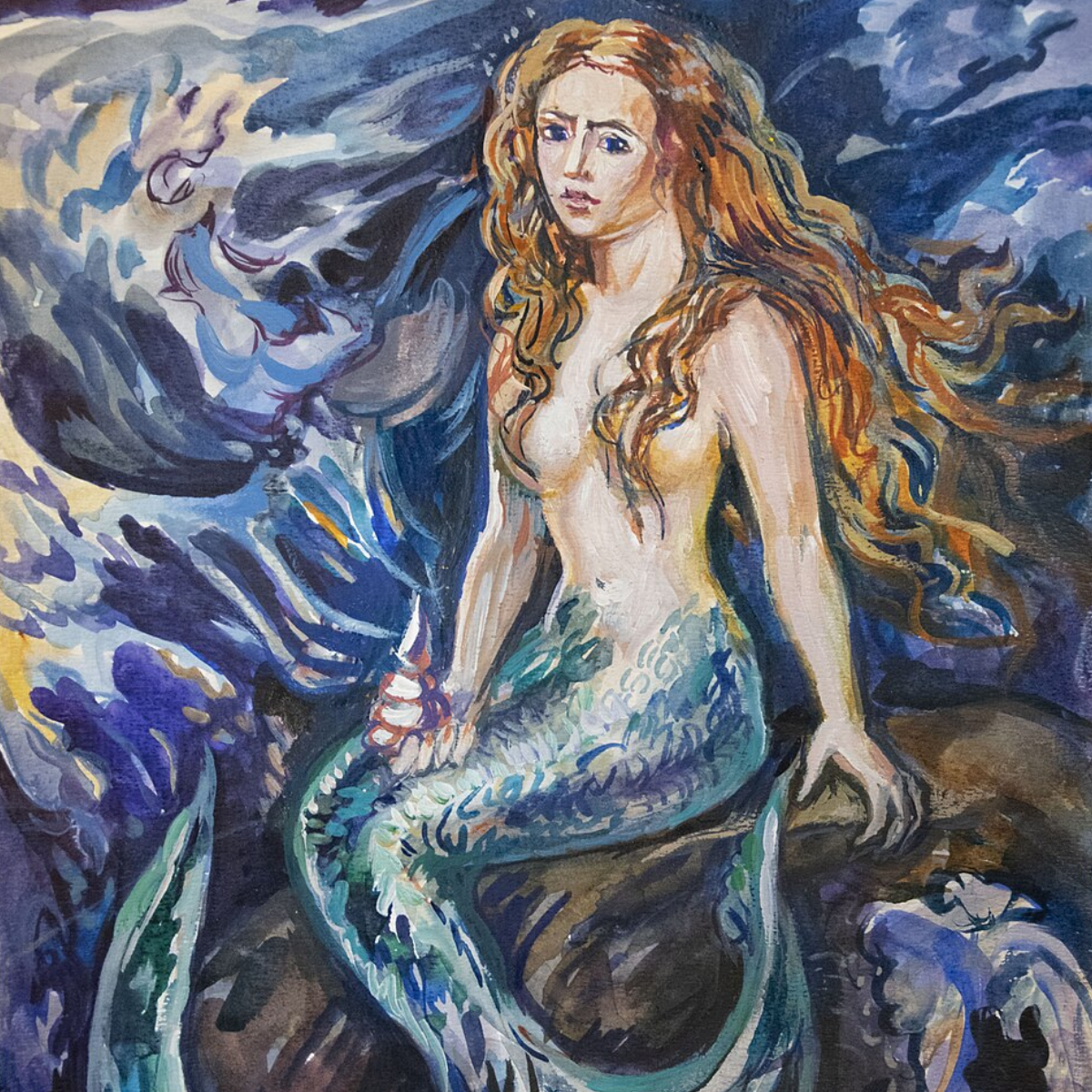
Folklore of the Capricious Celtic Mermaid
Mermaids! I’m kind of excited about this topic. 🙂 Mermaids have a long history and are found in the literature, mythology, and folklore of many different countries, so I have decided to focus primarily on the Celtic mermaid. Additionally, I have discovered that mermaids are quite complex (which I love!), but I had to rein
-
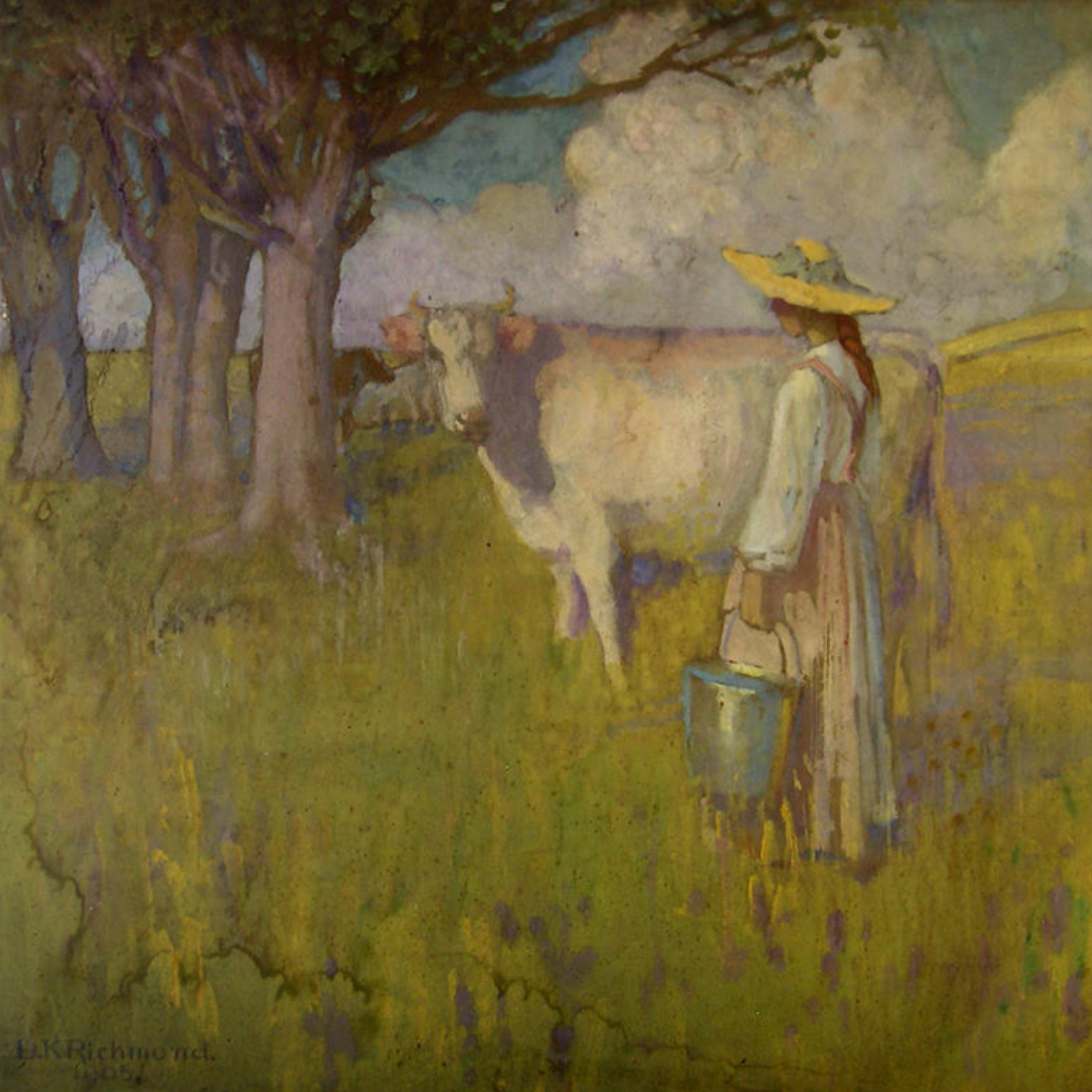
The Dun Cow and Other “Cows of Abundance” in the British Isles
I’ve always been fascinated by cows. When I was a kid, we would visit my aunt and uncle’s ranch in Oregon for a few weeks each summer. They raised cattle, and I loved to walk out in the fields to look at the cows. On one trip, I went walking along the road that bordered
-
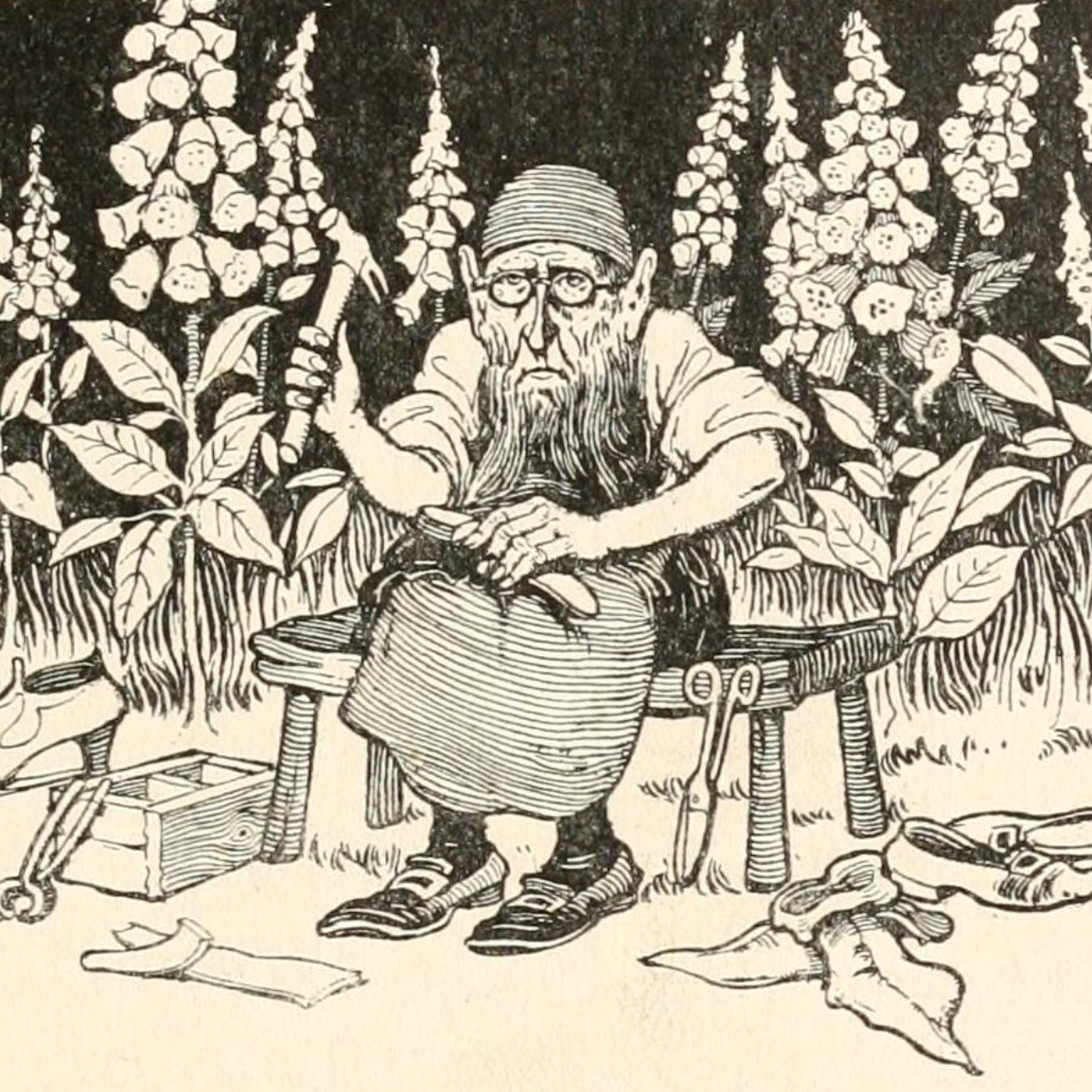
An Introduction to Irish Faerie Folklore
A friend from writing group recently lent me a book of Irish folklore. (Thanks, Marianne!) It’s called The Leprechaun’s Kingdom: The World of Banshees, Fairies, Giants, Monsters, Mermaids, Phoukas, Vampires, Werewolves, Witches, and Many Others by Peter Haining. While the cover suggests that it might contain children’s stories, it is more of an illustrated folklore encyclopedia of
-
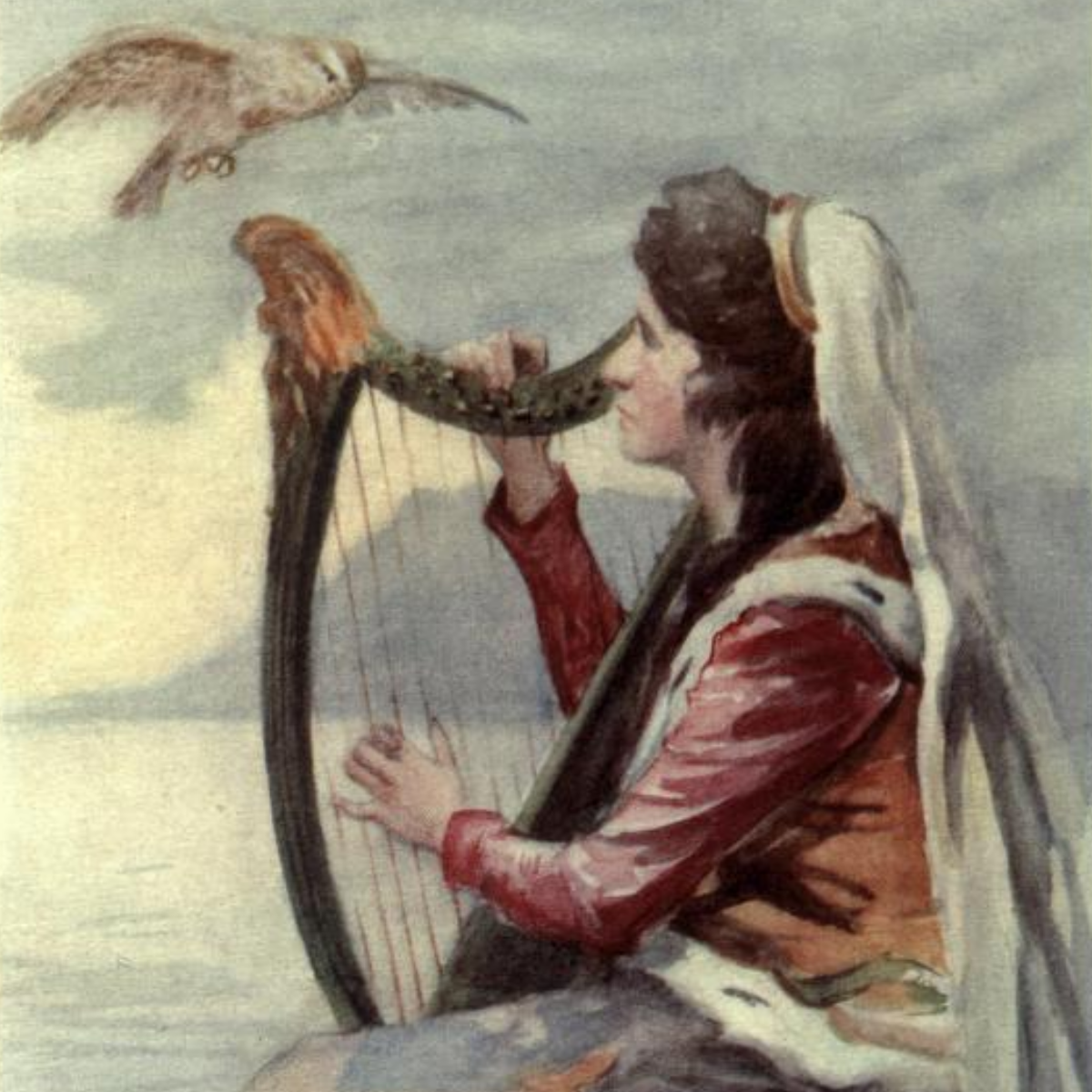
Plot Highlights and Narrative Techniques of “The Celtic Dragon Myth”
As someone who is writing fiction, I’m particularly interested in story and therefore fascinated by folktales. While researching dragons for my last post, I came across an interesting book, The Celtic Dragon Myth, by John Francis Campbell and translated with an introduction by George Henderson. It contains several texts related to the theme of heroes battling water monsters. I
-
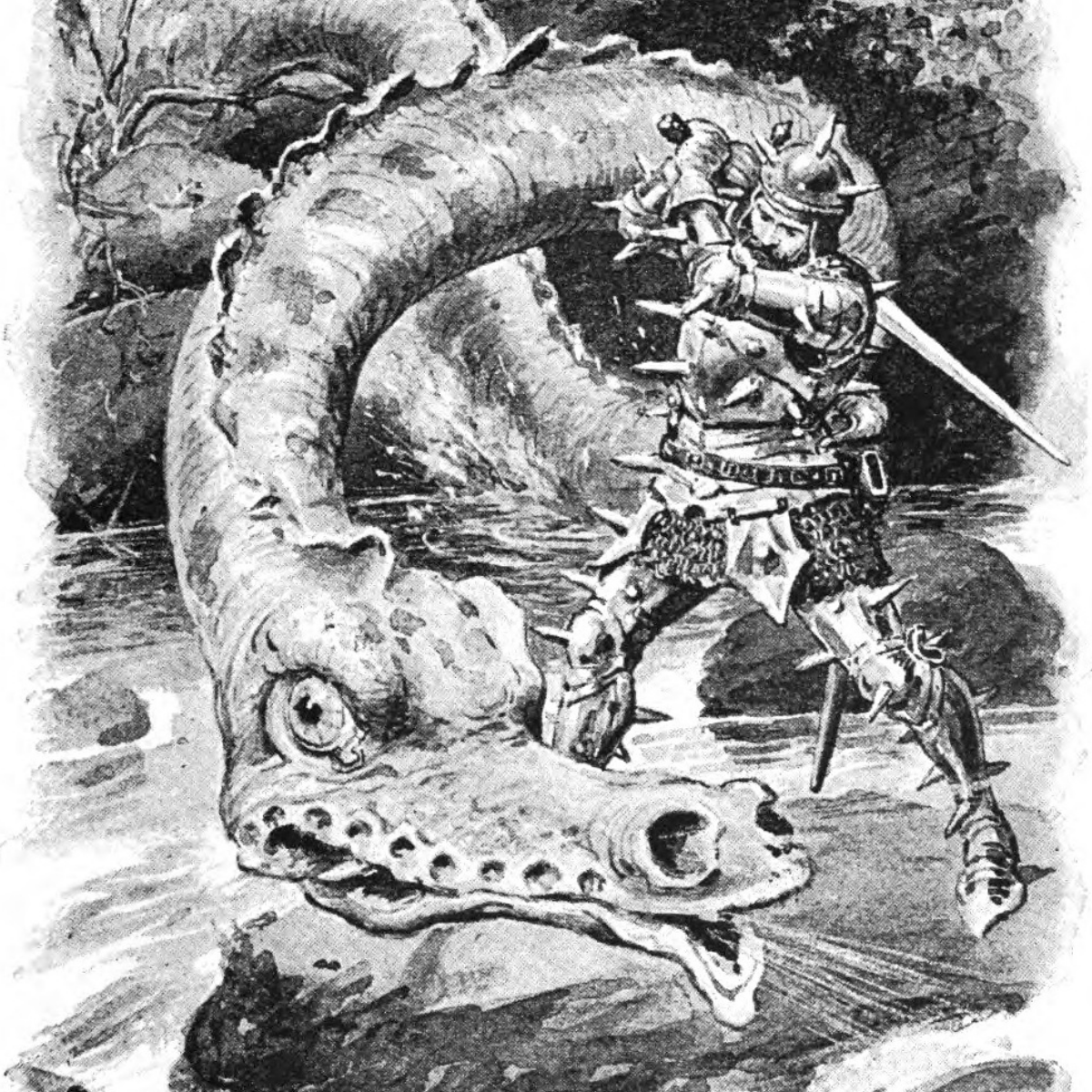
British and Celtic Dragon Folklore
My first exposure to a dragon drawn from folklore was most likely Smaug, the red-golden dragon in J. R. R. Tolkien’s book The Hobbit. I remember being fascinated by his size, his jewel-encrusted underbelly, and the enormous treasure he guarded. Although he is a fictional creation, the inspiration for Smaug comes from Scandinavian folklore. I laughed
-
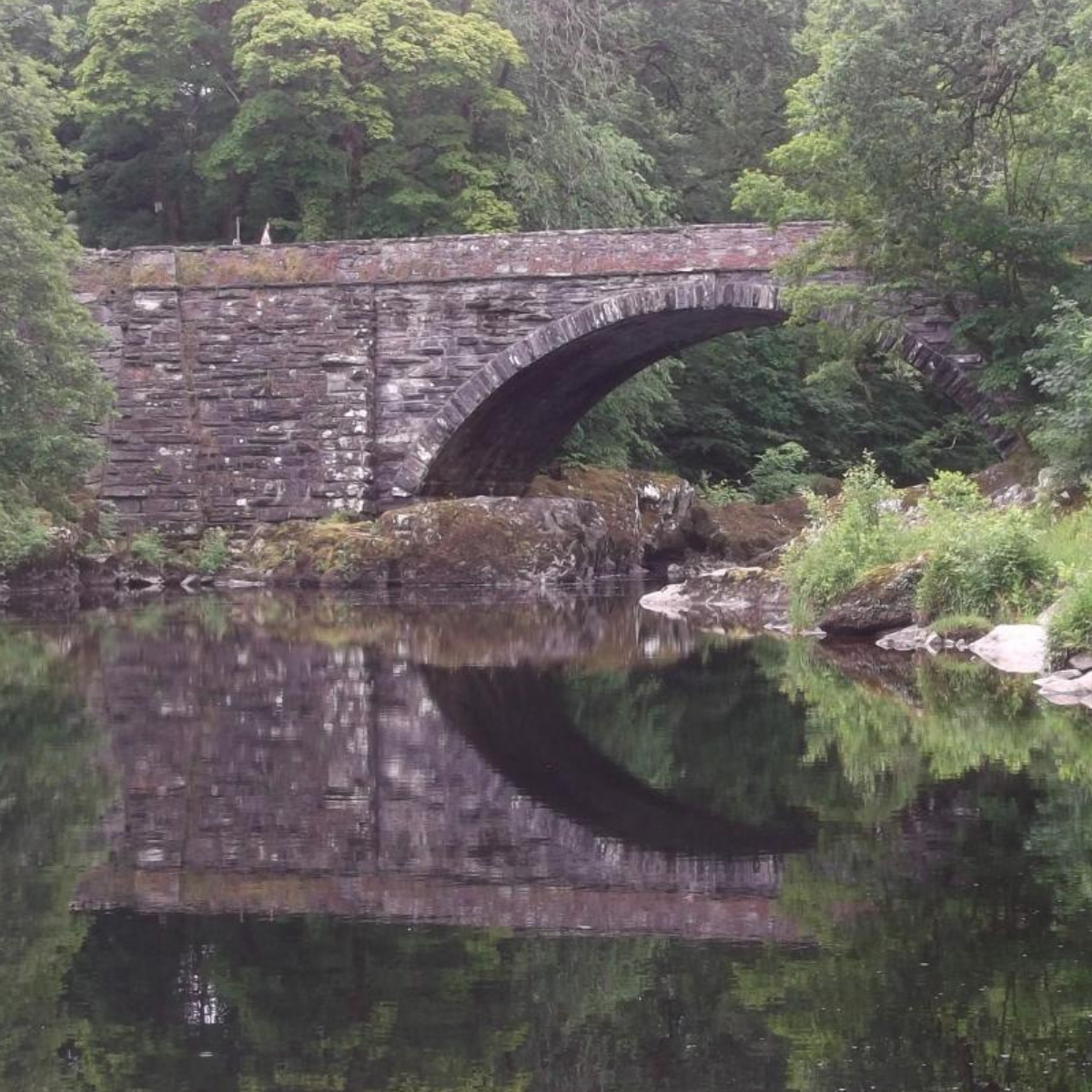
The Legend of the Afanc: A Welsh River Monster
In Welsh folklore, the afanc is often described as a type of river monster. Depending on the legend or tradition, the afanc may take the form of an enormous beaver, a monstrous crocodile, or a worm (dragon). The word afanc appears to have changed meanings over time as well, which may account for the different versions of the creature. The more
-
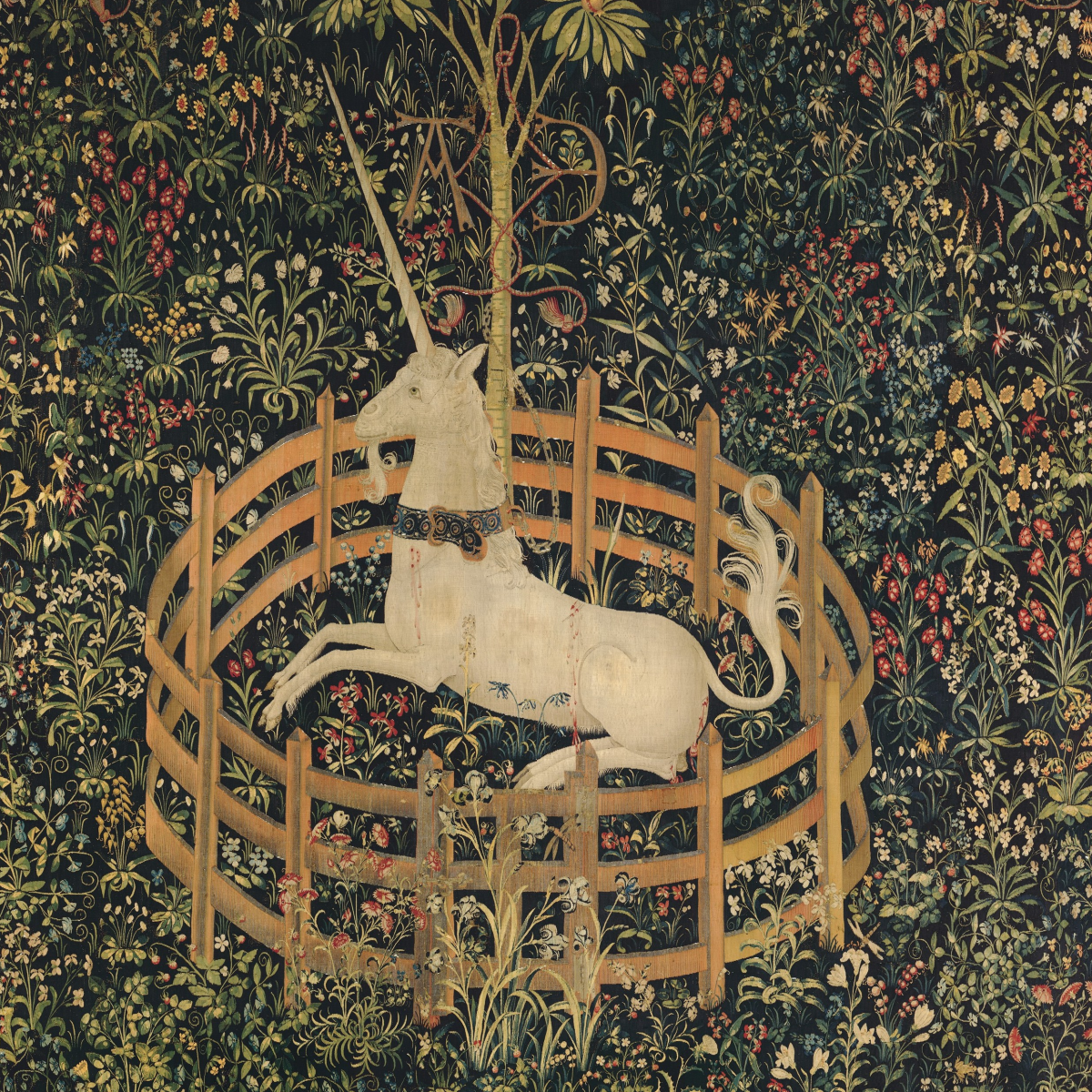
The Unicorn Rests in a Garden as Part of the Hunt for the Unicorn Tapestries
The tapestry known as The Unicorn Rests in a Garden has fascinated me for much of my life. A print of it hung on the wall of my childhood bedroom, and I remember spending a great deal of time examining the flowers, admiring the unicorn, and wondering what the letters “A” and “E” meant. I lost track
-
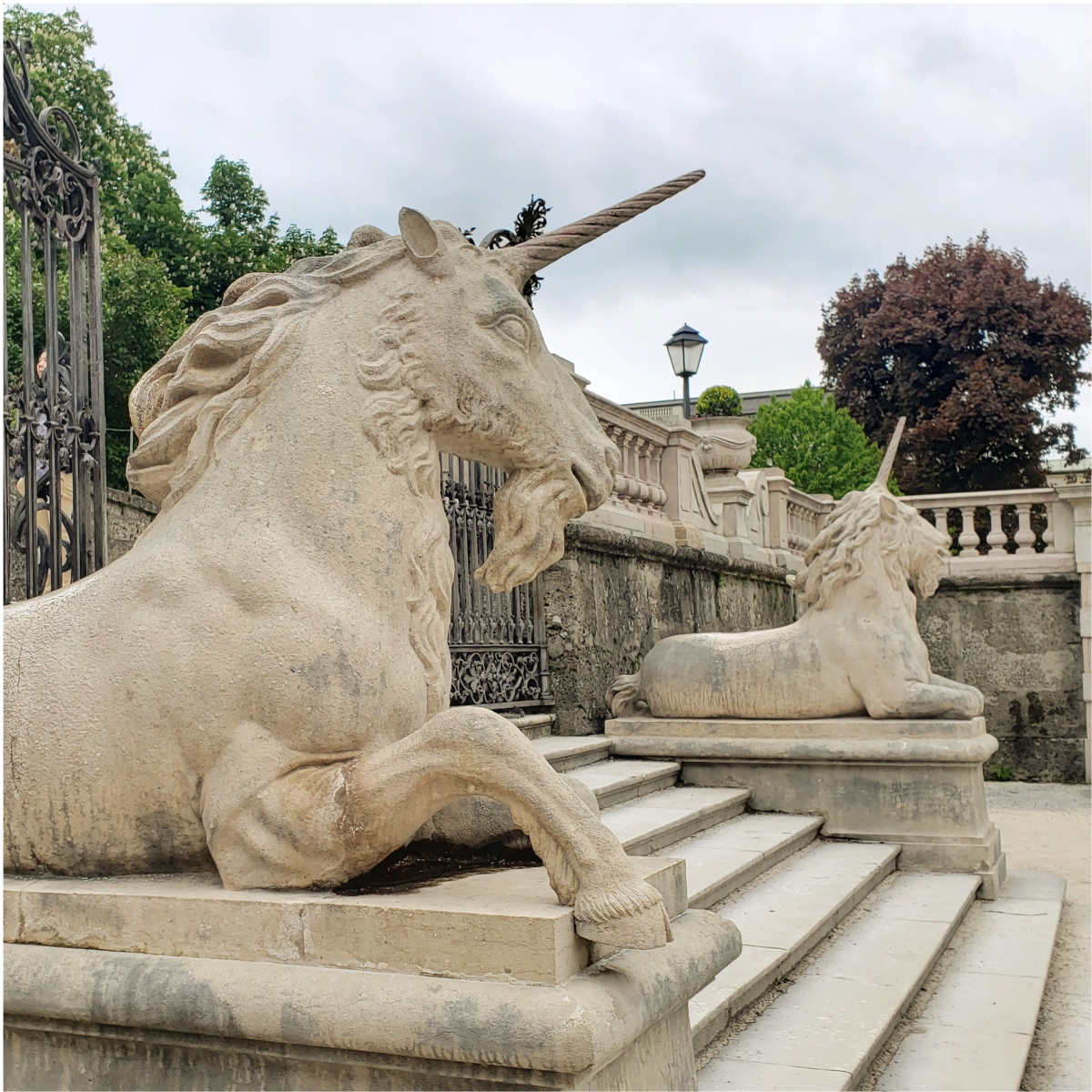
The Legend and History of the Unicorn
I had originally planned to explore the subject of unicorns as a way to discuss a piece of medieval art that I’m very fond of. However, once I began digging into the research for it, I discovered that what I wanted to share with you would be too much for this month’s post. (It was
-
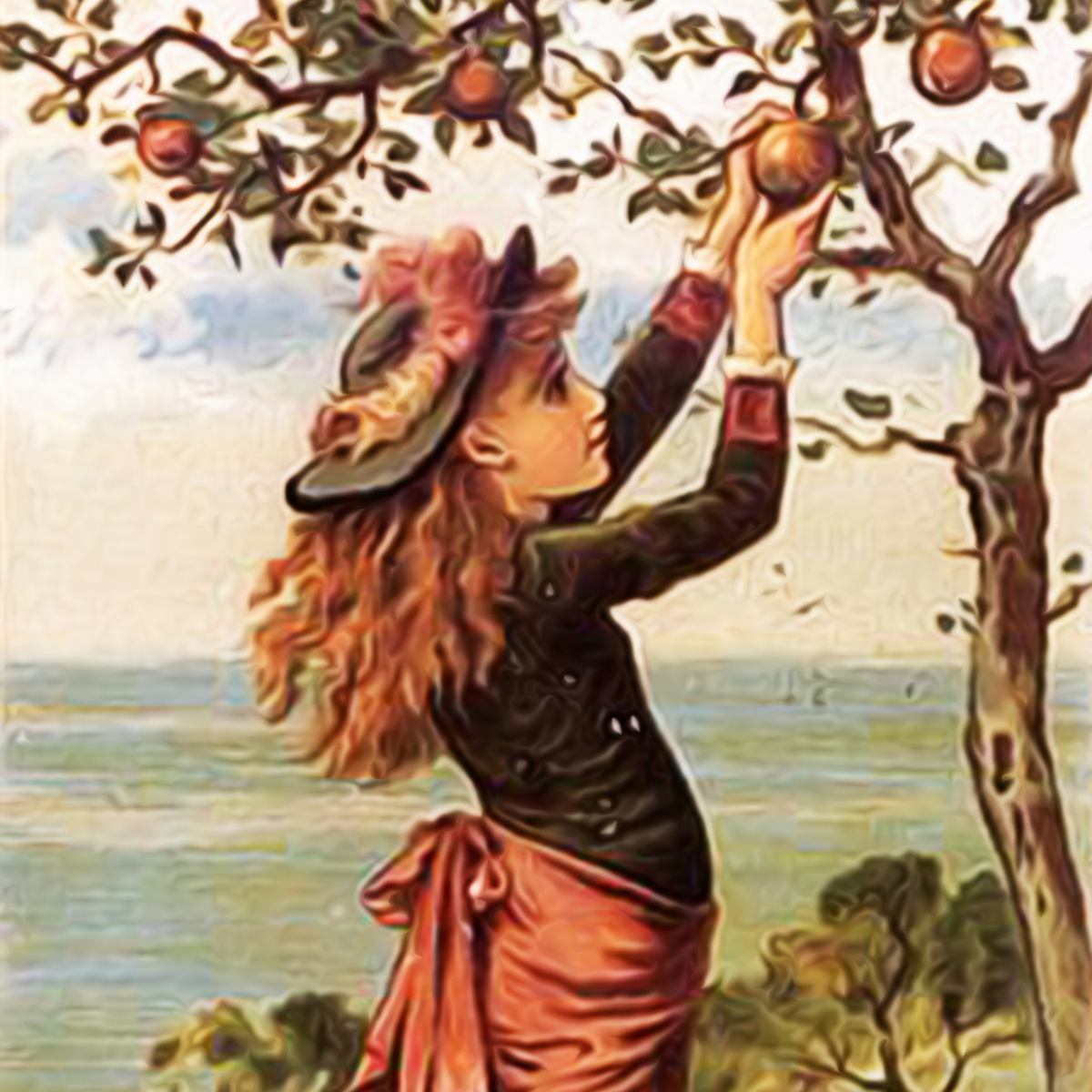
Apple Trees and British Folklore
When I make my grocery shopping list for holiday dinners and ask my family if they’d like a pie, their eyes grow as large as pie tins, and they answer with a resounding, “Yes!” When I ask what flavor of pie they’d like, the one flavor almost everyone agrees on in our family is apple.
-
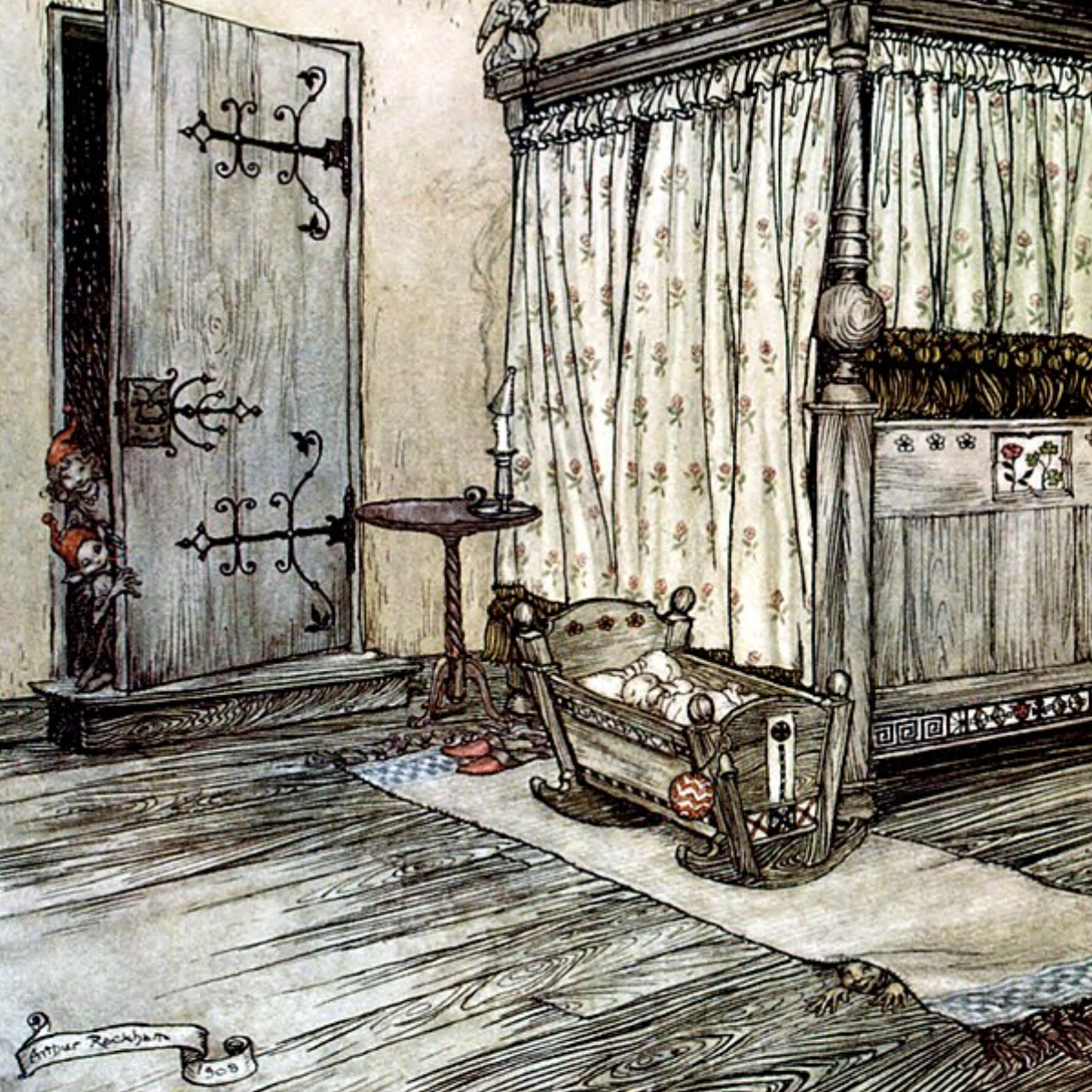
Changelings in European Folklore
One of the oldest aspects of European faerie folklore is the belief that faeries desire human children and often steal them away from their mortal parents, replacing them with changelings. Early changeling stories appear in medieval texts and continue through the 20th century. Unlike fairy tales, stories involving changelings are considered to be legends: the